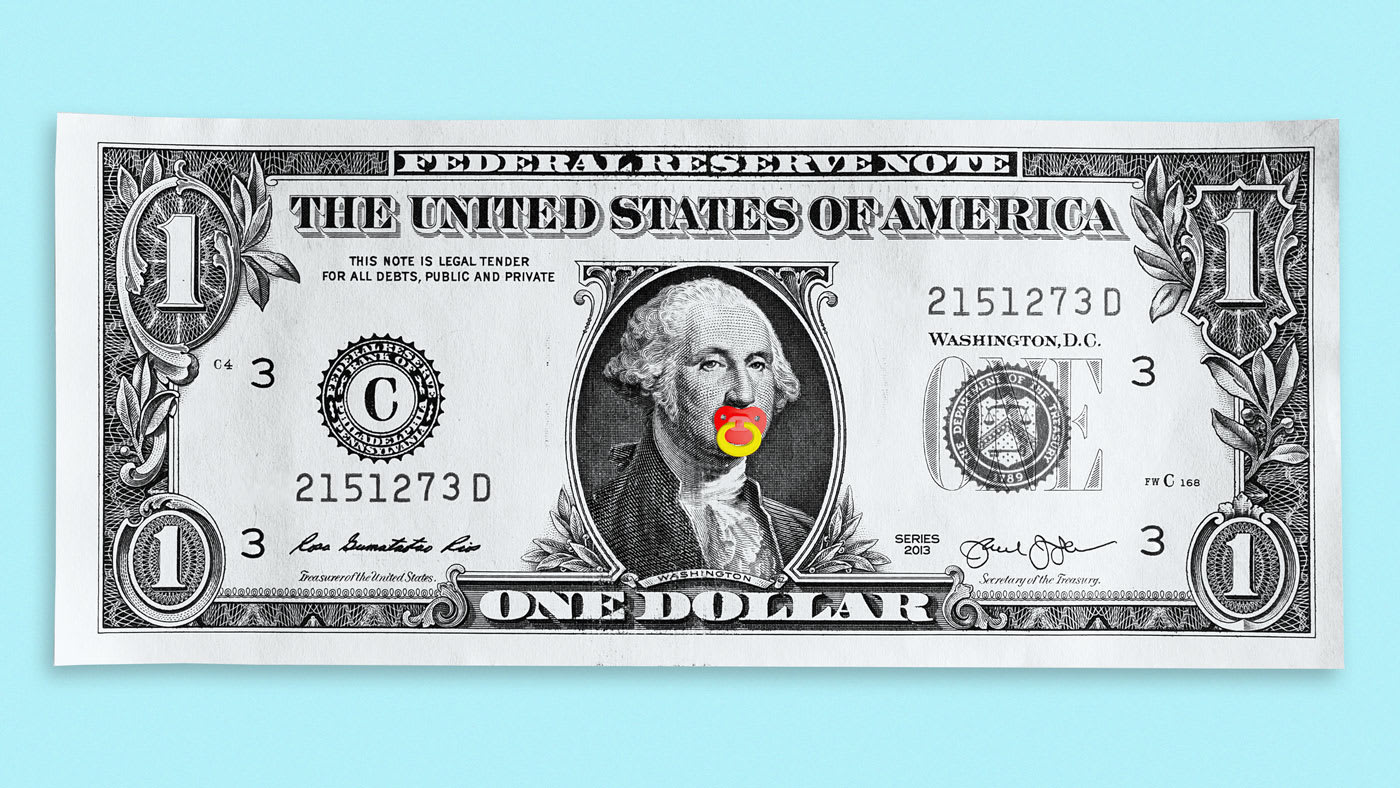How to diversify your money when banks fail
The recent collapse of Silicon Valley Bank has many Americans worried about the banking system's stability. While President Biden has reassured consumers the system is safe, the shakeup highlights the importance of diversifying your money.
Spreading out where you keep your money can help minimize risk. While the Federal Deposit Insurance Corporation protects deposits up to $250,000 per account per bank, any money over that limit is not protected. By maintaining multiple accounts across several FDIC-insured banks — or at least multiple accounts at one FDIC-insured bank — you can protect your money in the event of a bank failure.
Two wise ways to do this are with high-yield savings and certificate of deposit (CD) accounts. Both of these products offer higher interest rates than traditional savings accounts, so your money grows faster the longer you keep it in the account.
Which type of account is best for you? Let's take a closer look.
How to diversify your money when banks fail
Here are two ways you can protect (and grow) your money in today's economic climate.
High-yield savings
A high-yield savings account offers interest rates in the 3% to 4% range, compared to 0.33% for most traditional savings accounts. Since banks' interest rates are based on the federal funds rate, rising inflation can really boost your balance. The higher the federal funds rate, the more interest you'll earn.
It's best to keep your money parked in a high-yield savings account to earn maximum interest. But you can withdraw your funds if needed, such as to cover an emergency expense. You'll just want to be mindful of any minimum balance requirements and withdrawal limits to avoid fees. These vary from bank to bank.
There are several types of high-yield savings accounts to choose from, including money market accounts and cash management accounts (CMAs). Which type of savings account is best for you depends on your financial needs and goals.
You can open a high-yield savings account by comparing lenders and rates, picking an institution and filling out an application. Compare your high-yield savings account options now to get started.
Certificates of deposit (CDs)
A certificate of deposit offers interest rates in the 3.5% to 4.5% range. In exchange for a higher rate, you agree to keep your money in the CD for a specified term (ranging anywhere from three months to five years). If you take out money before the term ends you'll incur fees.
CD interest rates are fixed and set when you open the account. That means you won't earn extra if the federal funds rate rises. On the flip side, your rate won't go down if the federal funds rate drops. You can guarantee a better-fixed rate by opening a CD when interest rates are high.
You can open a CD by comparing lenders and rates, picking an institution and filling out an application. Explore your CD options online now or use the table below to get started.
The bottom line
The best savings vehicle for you depends on your personal needs and financial goals. A high-yield savings account is best if you want to maximize your interest when inflation rises but also want to be able to access your funds if you need them. A CD is best if you want to earn a higher fixed rate and can afford to leave your money in the account for a while. It can also help you avoid the temptation to tap into your savings unnecessarily.
That said, there's no reason why you can't have both if it makes sense for you. That's another way to diversify your money and keep it safe no matter what the banking system and larger economy are doing.




